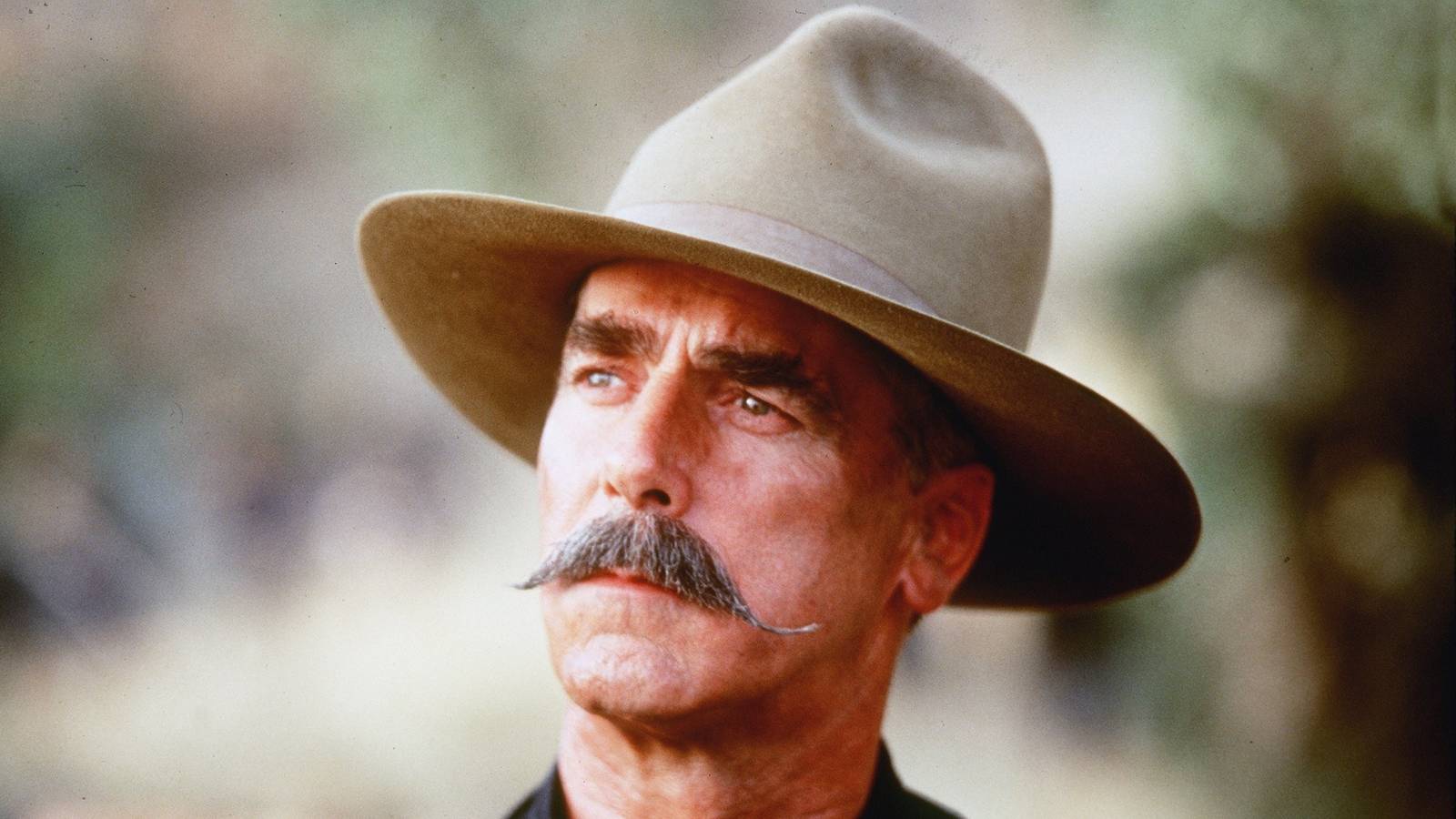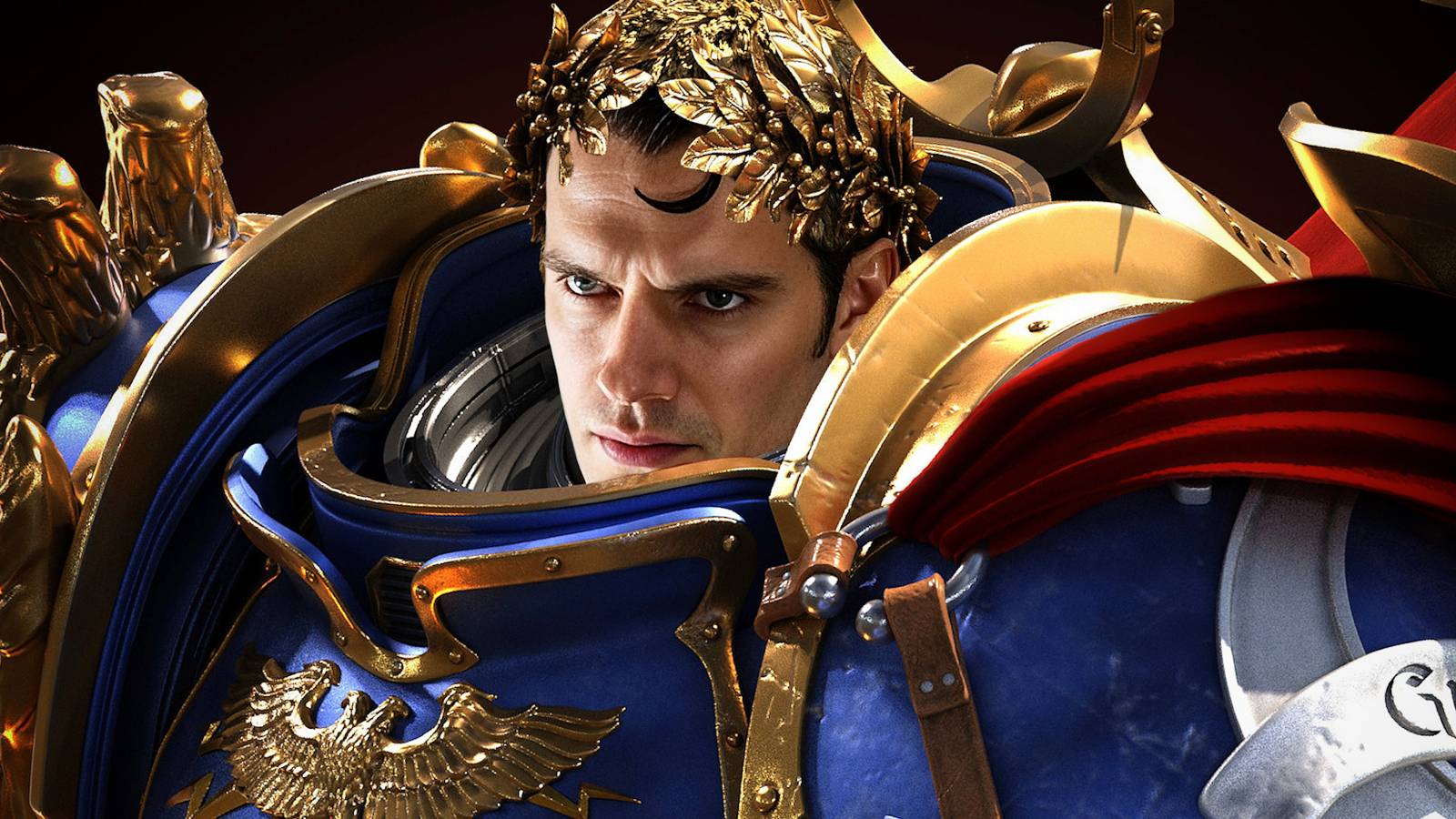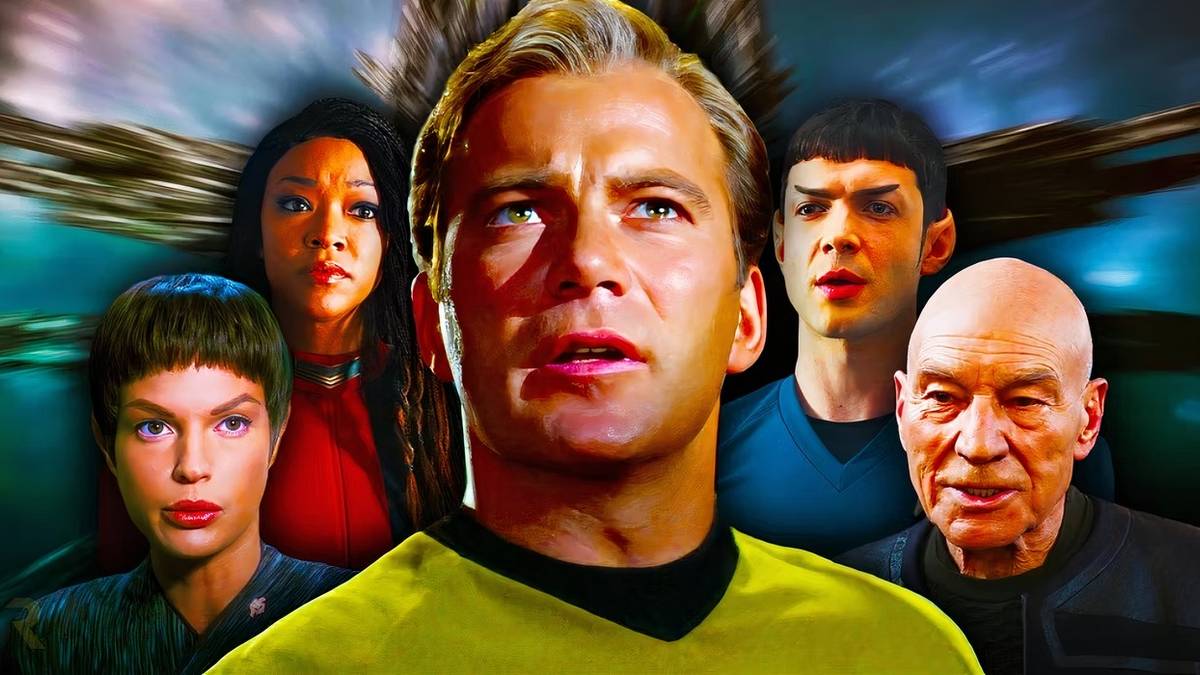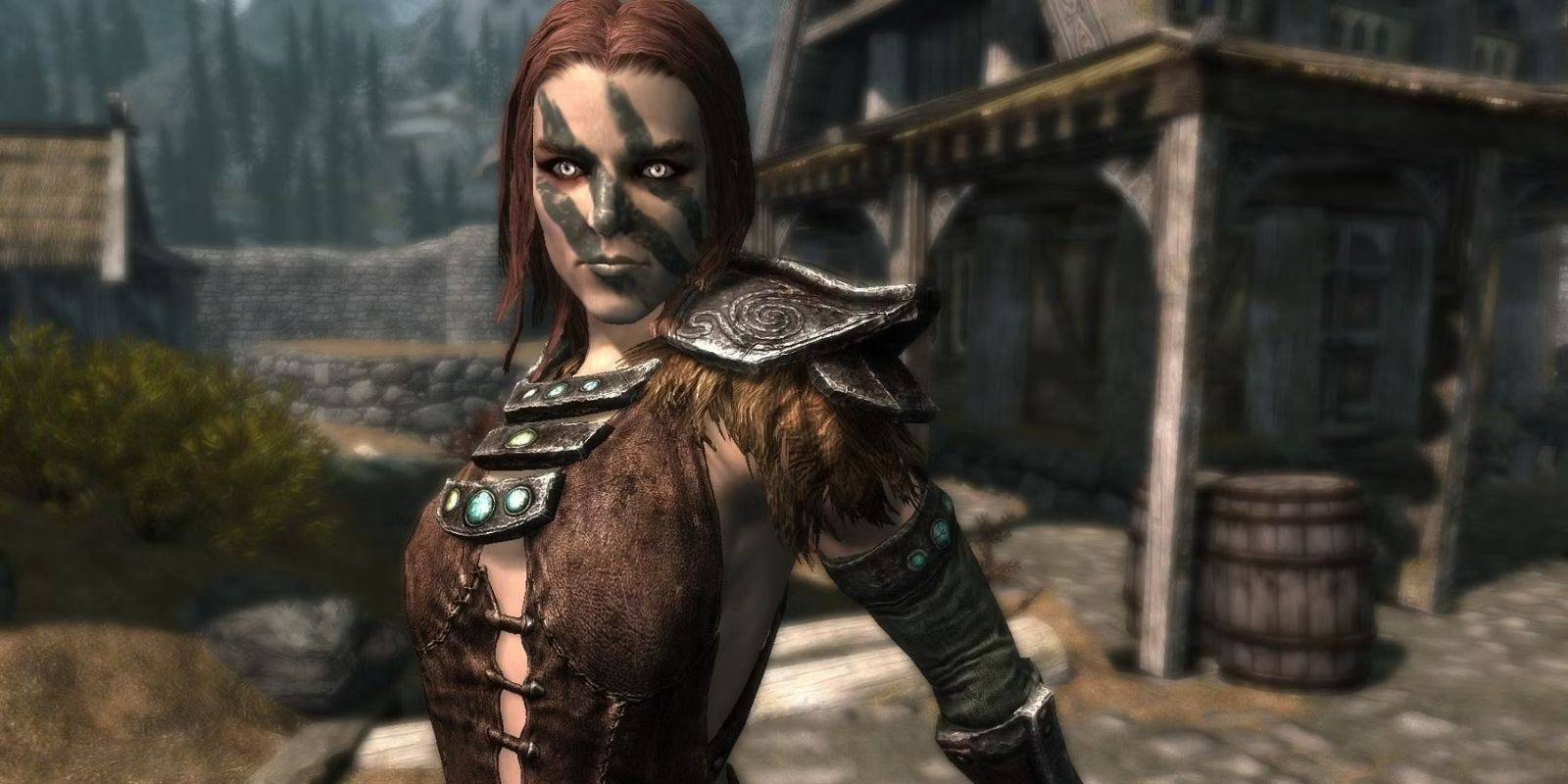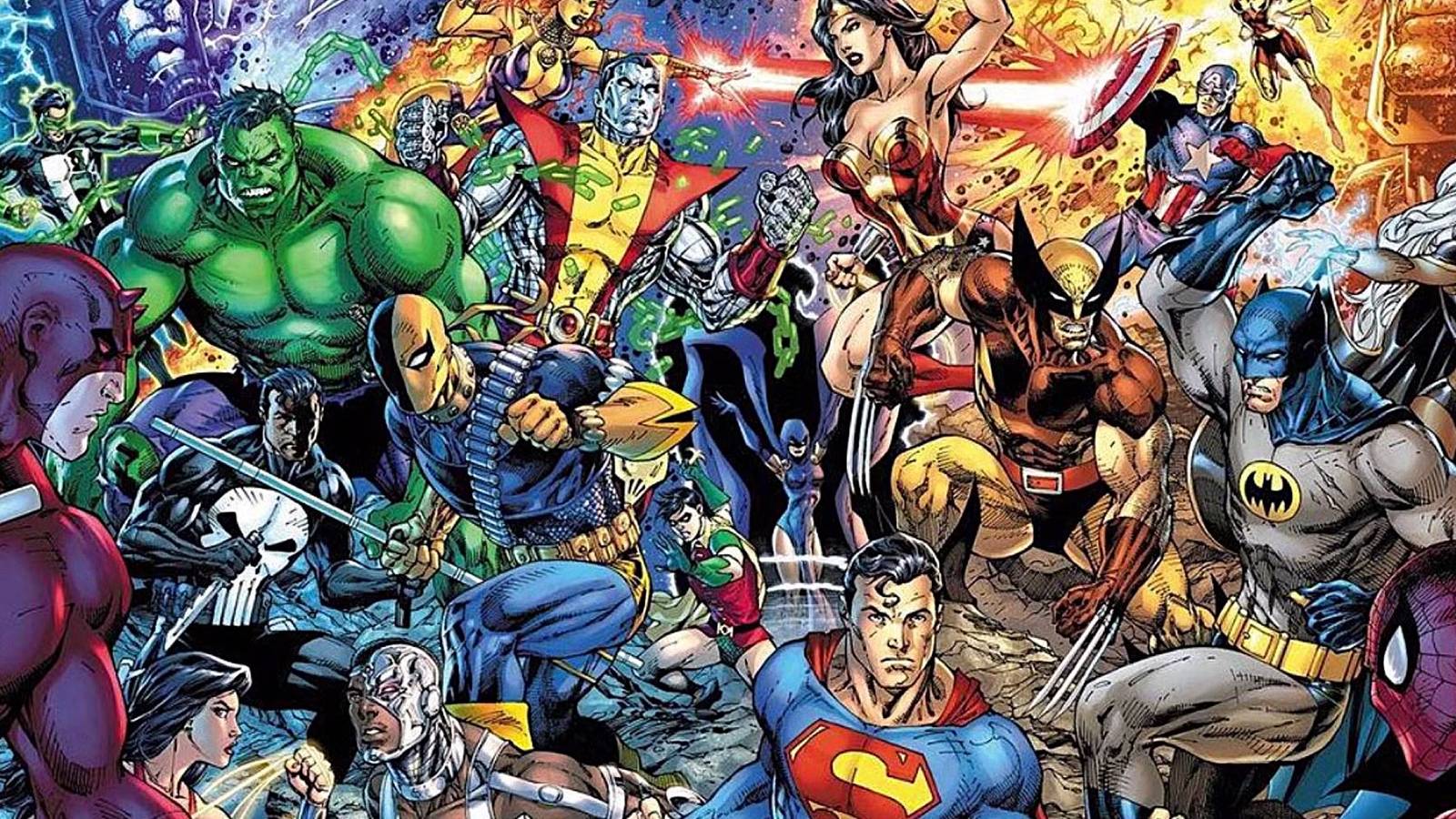Few actors have become as synonymous with the Western genre as Sam Elliott. Spanning an inspiring career that stretches over seven decades, Elliott’s unmistakable presence has helped shape the Western landscape both on the big screen and television. From his early days in the 1960s through to his recent roles in prestigious series, Elliott has embodied the essence of the Western hero and anti-hero alike, making him an enduring icon in this genre.
Sam Elliott’s Iconic Rise in Westerns Since the 1960s
Sam Elliott’s journey in the Western genre began in 1967 with a cameo in The Way West, where he played a Missouri townsman. Shortly after, he appeared as an extra in one of the most revered Western classics, Butch Cassidy and the Sundance Kid, followed by multiple roles in the TV series Lancer from 1969 to 1970. These early appearances laid the groundwork for Elliott’s deepening connection with Western storytelling.
Throughout the 1960s and 1970s, Elliott continued to strengthen his Western credentials, featuring in shows like the legendary Gunsmoke and TV movies such as Molly and Lawless John and I Will Fight No More Forever. Notably, the 1979 miniseries The Sacketts gave Elliott one of his first major roles as Tell Sackett, which helped to establish him as a serious Western actor.
![]()
Defining the Western Archetype in the 1980s
The 1980s became a defining decade for Sam Elliott’s Western legacy. This era saw him evolve into a leading figure in the genre, starring in critically acclaimed TV movies such as The Shadow Riders, Gone to Texas, and The Quick and the Dead. Elliott’s characteristically earthy Western drawl and his iconic walrus mustache became trademarks of his performances, carving him a distinctive niche.
His starring role in the TV movie Conagher and his memorable portrayal of Virgil Earp in the 1993 classic Tombstone cemented Elliott’s reputation. Acting alongside stars like Kurt Russell and Val Kilmer, Elliott emerged as one of the most recognized faces in Western cinema during this period.
Sam Elliott’s Continued Influence on Modern Westerns
In recent years, Elliott has maintained his presence in the Western genre, effortlessly appealing to new generations of viewers. His roles in series like Justified and The Ranch (which he also produced) have introduced his iconic style to contemporary audiences. More recently, the critically acclaimed TV show 1883 featured Elliott in a powerful role, further proving his enduring appeal.
Elliott’s unmistakable persona has even been leveraged by filmmakers outside the traditional Western realm. The Coen brothers famously used his iconic screen presence in The Big Lebowski to evoke classic Hollywood Western themes, while Taylor Sheridan’s Landman season 2 casts Elliott as Tommy Norris’s father, enriching the character’s Western anti-hero legacy.
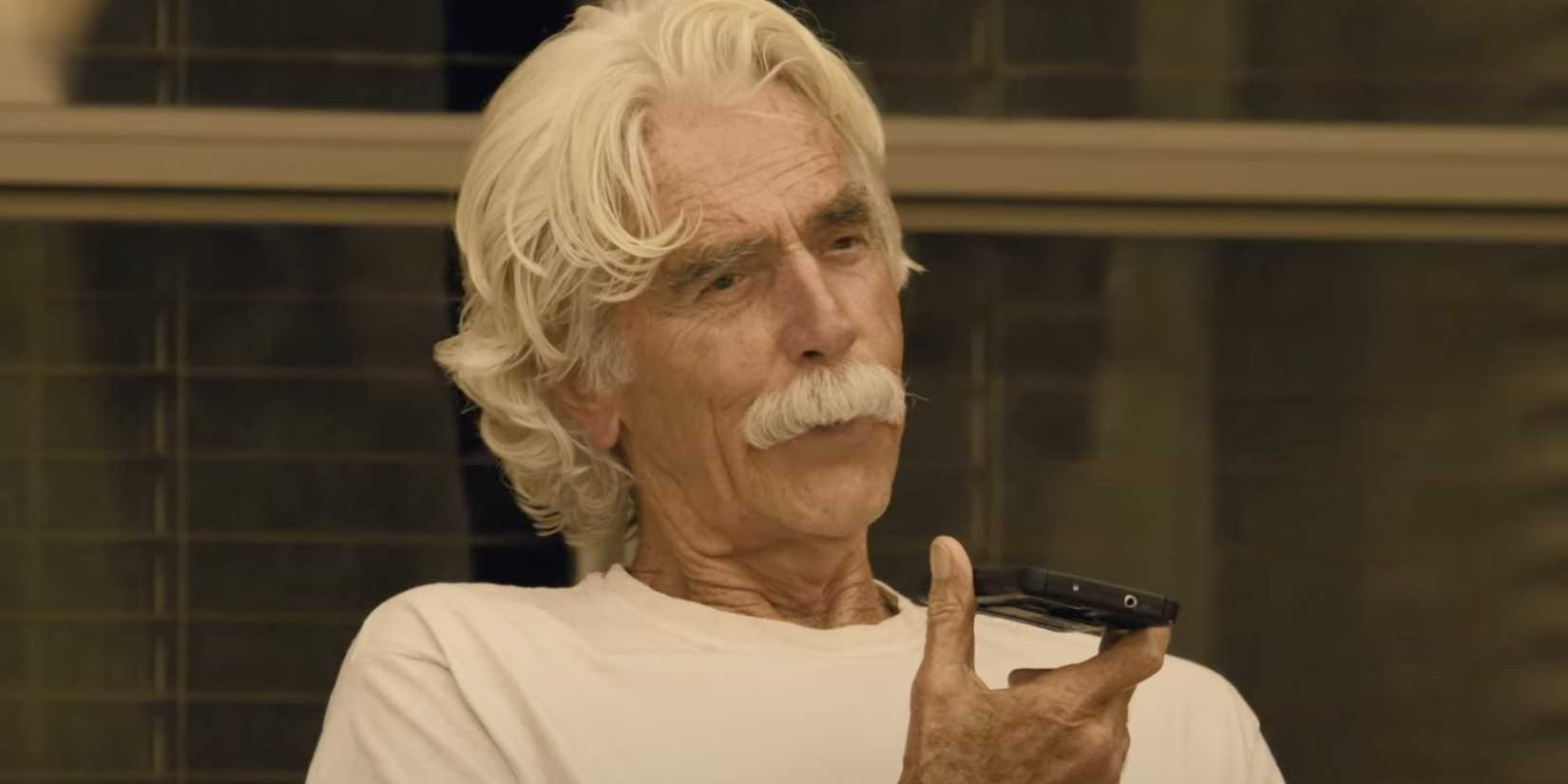
Sam Elliott’s Unmatched Western TV Legacy
With his role in Landman season 2 marking his 21st Western project for television and his 29th Western role overall, Sam Elliott arguably stands as the most prolific Western TV actor in history. His extensive career not only showcases his versatility but also his unwavering dedication to the genre.
From humble beginnings to becoming a Western icon, Elliott’s influence rivals that of even Clint Eastwood, making him an essential figure in the narrative of American Western film and television history.
Conclusion
Sam Elliott’s unmatched career spanning over six decades in the Western genre highlights his unique ability to embody the spirit of the American West. From early supporting roles to leading parts and memorable cameos, his gravelly voice and iconic mustache have become synonymous with Western storytelling. Whether on the big screen or television, Elliott continues to captivate audiences and redefine what it means to be a Western actor. His legacy is not just a chronicle of roles but a testament to his enduring impact on the genre. Share your thoughts in the comments and explore more at keeperfacts.com.

